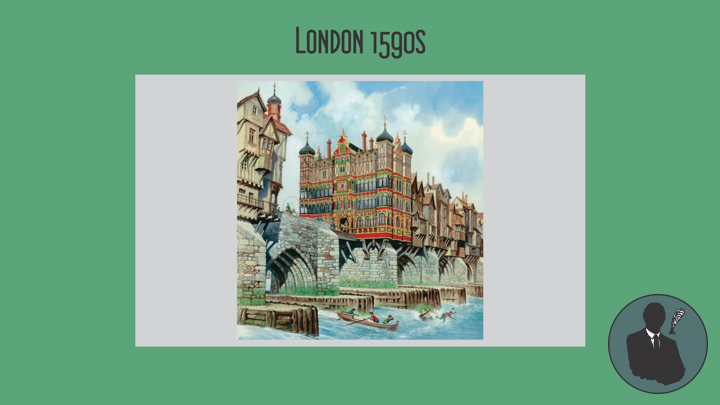——
#LudgerBedardConsultingPrivateDetective #LudgerBedard #JamesKurtnay #Distillery #Laboratory #Alchemy #Detective #Adventurer #Occult #Paranormal #Magic #Alchemy #3DAnimation
——
——
London 1590s
Europe in the 1590s was on the cusp of great change. In the latter half of the decade, a series of treaties finally ended religious warfare that had plagued France, the Low Countries, England, and Spain for decades. In England, an aging, childless queen fanned the anxieties of her councilors and her people, as they wondered who would lead them next. Amongst European powers, like the Netherlands, England, Spain, and Portugal, commercial competition fueled a nascent proto-industrial, globalized economy. As each decade sees its regressions and advancements, glories and unanticipated strife, the sixteenth century came to a close at the front steps of the modern world.
Early modern London was an expanding metropolis filled with diverse life, from courtiers, merchants and artisans to prostitutes, beggars and cutpurses. Its populace of roughly 100,000 people included royalty, nobility, merchants, artisans, laborers, actors, beggars, thieves, and spies, as well as refugees from political and religious persecution on the continent. England’s budding economy, merchants from the Netherlands, Belgium, Germany, and even further afield set up shop in London. As a result, Londoners would hear a variety of accents and languages as they strolled about the city, a chorus of voices from across Europe and from all walks of life.
Though royalty, the court, and aristocrats may have been the most visible members of London society, a large portion of early modern London’s population worked for a living. The city’s tradesmen, artificers, merchants and manufacturers may claim much of the credit for London’s growth. Technological advances made it possible to churn out pamphlets, sermons, plays, poems, proclamations, diatribes, and jeremiads at a tremendous rate. Booksellers took these varied materials and made them available to patrons from across London, nobility, wealthy bourgeois, artisans and even the literate poor.
Although anyone who had some level of trade, craft, or artisanal skill could make a life in London, one obstacle they faced was the guild system, a holdover from a medieval mode of organizing and regulating labour. Guilds had provided valuable social and commercial structure, establishing hierarchies, from apprentice to master, based on experience and skill level. They also provided a means of excluding undesirable members. If for some reason a London tradesman fell into disfavour in a guild, he could be censured or even expelled. Such exclusion could have drastic consequences, plunging the hapless tradesman into poverty – which, in London, was a serious predicament. Early modern London was a bad place to be poor.
Ludger Bedard

